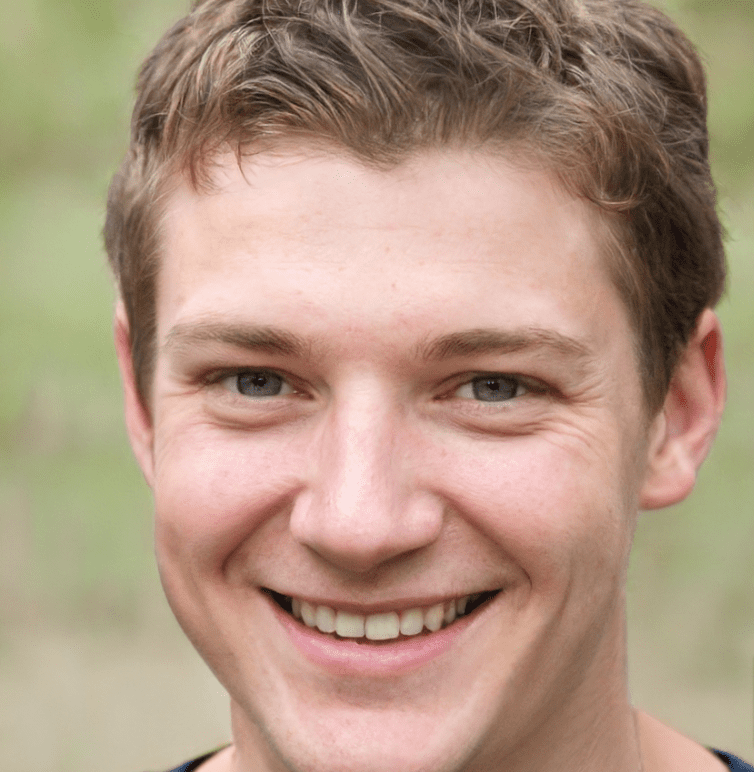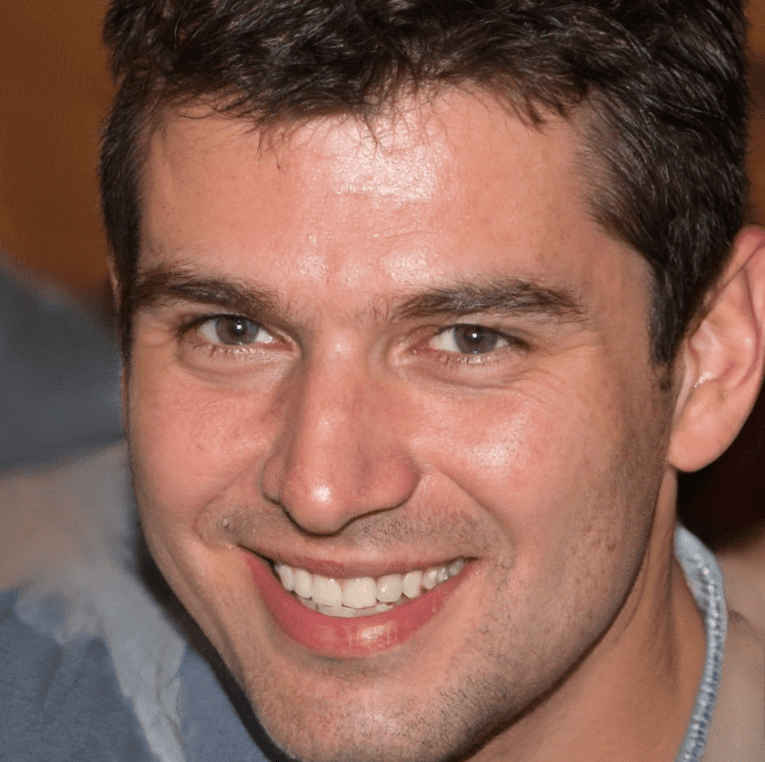How to establish good habits & break bad ones
Since ancient Babylon, the ringing in of a new year has been associated with the practice of setting resolutions to improve our lives by offering sacrifices and promising good behaviour in the future. In theory, it’s a good practice to check in with ourselves and set intentions about the life we want in the upcoming year – except so many of us fail. But why is that? It’s all about habits.
Our evolutionary brain relied on habits, routine, and intuition to keep us alive, hunting when we were hungry, observing recurring traits in other cavemen to assess risk accurately, and developing patterns around social bonds within the tribe. Though our intelligence and habits have evolved, our brains have become lazy. Nowadays, algorithms on our computer predict shopping habits and target us when we’re most vulnerable to splurge on the next Amazon purchase.
We doom scroll on the bus ride home, order DoorDash, and watch Netflix before falling asleep. These or similar behaviour patterns are becoming slowly solidified to the point where they have likely become automatic, like neural super-highways in our brain that have been driven thousands of times, replacing our instincts. This could not be more evident in the Pavlov’s dog-like reaction we have with our phones: the phone buzzes in your pocket and you check it, but when it stops buzzing you still check it, or maybe you’ve progressed to phantom vibrations at this point. Habits will form whether you are conscious of them or not so, it may be time to take charge.
Habits are like wet, slow drying, cement
The human brain is an incredibly efficient and, at times, simple machine, and as such, is always looking for shortcuts. Over time, the cue-reward loop (a trigger creates an action resulting in gratification) becomes a habit. The problem is, habits are hard to break when they are unhealthy and often hard to set when they are healthy. This is because bad habits tend to hit us with instant gratification, whereas healthy habits deliver prolonged gratification.
The good news is that over time the healthy habits you work hard to set will become automatic behaviour and require less conscious effort to maintain. Hard work aside, you have a decision to make: are you going to automatically doom scroll or (insert healthy habit) this year? (By the way, avoidance is also a decision).
Developing new habits
If you have been in a packed gym on January 2nd and gone back to the same gym again in February, you know that most people struggle to follow through on their New Year’s goals. Here are some key components to developing habits that all people should be aware of:
- We often tell people what we are planning to achieve before we do so, which develops a false sense of success as your plans are inevitably met with enthusiasm and encouragement from your support network. This leads to complacency as we look for that validation from others instead of the feeling of success you would have felt from achieving your goal in the first place. In short, don’t tell anyone about your goal until after you have completed it, or at least made significant progress towards it. Trust me; it feels much more gratifying.
- You may be an all-or-nothing thinker. Say your goal is to delete your social media, but you have some drinks and impulsively slip up. You can now learn from your mistake, better understand your triggers, and readjust your goal. Or, as many people do, say “f**k it” and reactivate Facebook, Instagram, Tinder or Grindr, and Tik Tok to mindlessly doom scroll your way through another year.
- There is significant importance in the congruence between your values and your goals. If your goals align with your values, you are more likely to succeed than if you are pursuing a goal for the validation of external factors or others, for example, going to counselling because your wife “said you have to,” versus going to counselling because you want to improve your symptoms of social anxiety. Take accountability for your goals, habits, and health – men often don’t, but it will be a refreshing change.
- Find desirable rewards for your work towards healthy habits or goals, and use them immediately after each milestone. Keep your eye on the long-term goal but reward the smaller steps that get you there. The more significant the gap between the reward and the start of the process, the more likely you are to fail.
- Motivation is one of the five components of emotional intelligence, and it’s often underestimated for its significance. Why do people succeed where you have failed? Some people are used to adversity and discomfort and can push through, while others fade away. It is important that you analyze previous attempts at goal setting so you can understand your strengths in motivating yourself, but also your weaknesses. Ask yourself these questions:
- Was my goal externally motivated or internally?
- Why did I fail last time?
- What distractions got in the way?
- What did I tell myself to rationalize failure?
Breaking bad habits
If, like most of us here at Manifest, you have developed some unhealthy habits along the way, here are some tools to break them:
- The devil is in the details, so make sure to put your goal(s) through the SMART process. The more Specific, Measurable, Attainable, Realistic, and Time-based (SMART) your goals, the more likely you are to succeed.
- Build awareness by separating yourself from the habit to see what happens. A great example of this is the iPhone you have in your pocket. Turn it off for two hours this evening and watch as your routine gets disrupted with your cue (boredom), not being met by its reward (Instagram), and your anxiety begins to rise as you nervously tap your pocket during phantom vibrations. When you fully understand the negative impact of your habit, you can build the motivation to break it.
- The trick to breaking unhealthy habits is to have the cue (boredom) be connected to a stimulating reward, although it’s hard to compete with the iPhone. For example, you can shut that thing off and try something new: talk to your partner, exercise, read a book, or learn something new. Next, make a plan; if you refer to the stages of behavioural change model here, you have now moved into the determination and actions stages, which is very exciting but also daunting as most people fail here.
- Beware of your language and thoughts. The way you speak about your goals and think about them will directly impact behavioural outcomes, and inevitably, your goals. “Hopefully, maybe, later on” are great ways of avoiding accountability and sowing the seeds of doubt for future failure.
- Execute your plan and prepare for a lapse in judgement. However, do not use this as an opportunity to go back to square one and throw your progress out of the window, this is known as a relapse. Use a lapse as a chance to rework your plan, learn from your weaknesses and rebuild your routine.
Links & Stats
-Helpful reading: “The Power of Habit: Why We Do What We Do in Life and Business” by Charles Duhigg.
-Only 8% of resolution setters actually achieve their goals. Forbes
-80% of people fail to achieve their New Year’s Resolutions by mid-February. – www.inc.com





